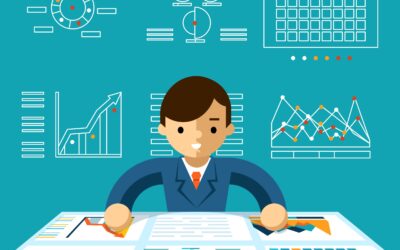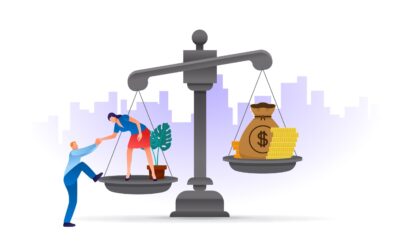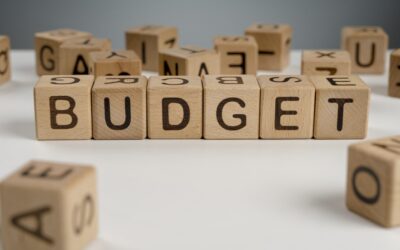Asset and debt are two fundamental concepts in the world of finance. They are interconnected and play a significant role in shaping the financial health of an individual, business, or even a country.
In this blog post, we will explore the meanings of asset and debt, their types, and their impact on personal finance.
What are Assets?
Assets are resources that have economic value and can be owned or controlled by an individual or an organization. They are things that you own, that you can use to generate income, or that can appreciate in value over time. Some examples of assets are real estate, stocks, bonds, mutual funds, savings accounts, and vehicles.
Assets can be classified into two categories: tangible assets and intangible assets. Tangible assets are physical assets that can be touched, seen, or felt, such as real estate, vehicles, and equipment.
On the other hand, intangible assets are assets that do not have a physical presence but have value, such as patents, trademarks, copyrights, and goodwill.
Assets can be further classified into current assets and fixed assets. Current assets are assets that can be converted into cash within one year or less, such as cash, stocks, and accounts receivable.
Fixed assets, on the other hand, are assets that have a longer useful life, such as real estate, vehicles, and equipment.
What is Debt?
Debt is an amount of money that is borrowed and needs to be repaid, usually with interest. It is a financial obligation that an individual or an organization owes to another entity.
Debt can be in the form of a loan, a credit card balance, or a mortgage. When you borrow money, you are taking on debt.
Debt can be classified into two categories: secured debt and unsecured debt. Secured debt is debt that is backed by collateral, such as a house or a car.
If you fail to repay the debt, the lender can take possession of the collateral. Unsecured debt, on the other hand, is debt that is not backed by collateral, such as credit card debt and personal loans.
Debt can also be classified into short-term debt and long-term debt. Short-term debt is debt that needs to be repaid within one year or less, such as credit card debt and short-term loans. Long-term debt, on the other hand, is debt that has a longer repayment period, such as a mortgage or a long-term loan.
The Impact of Asset and Debt on Personal Finance
Asset and debt play a significant role in shaping an individual’s personal finance. The amount of debt that an individual has can impact their credit score, which in turn can affect their ability to borrow money in the future.
It is important to manage debt and make timely payments to avoid accruing high interest and penalties.
On the other hand, assets can help an individual build wealth and achieve financial goals. Investing in assets such as stocks, mutual funds, and real estate can provide long-term returns and help an individual build a retirement fund. It is important to diversify investments to minimize risk and maximize returns.
When we look at your financial situation we want to compare the percentage of assets over debt – obviously the goal is to be debt free, but realistically speaking everyone has some element of debt.
We want to ensure the assets are working for you – i.e generating a return on investment – greater than the interest on the debt. This is where financial analysis and planning come in!
In conclusion, asset and debt are two fundamental concepts in the world of finance. Assets are resources that have economic value, while debt is an amount of money that needs to be repaid with interest.
Understanding the different types of asset and debt and their impact on personal finance is crucial for achieving financial stability and building wealth. Have questions about your finances? Consider a tax and wealth strategy to really bring it all together!











